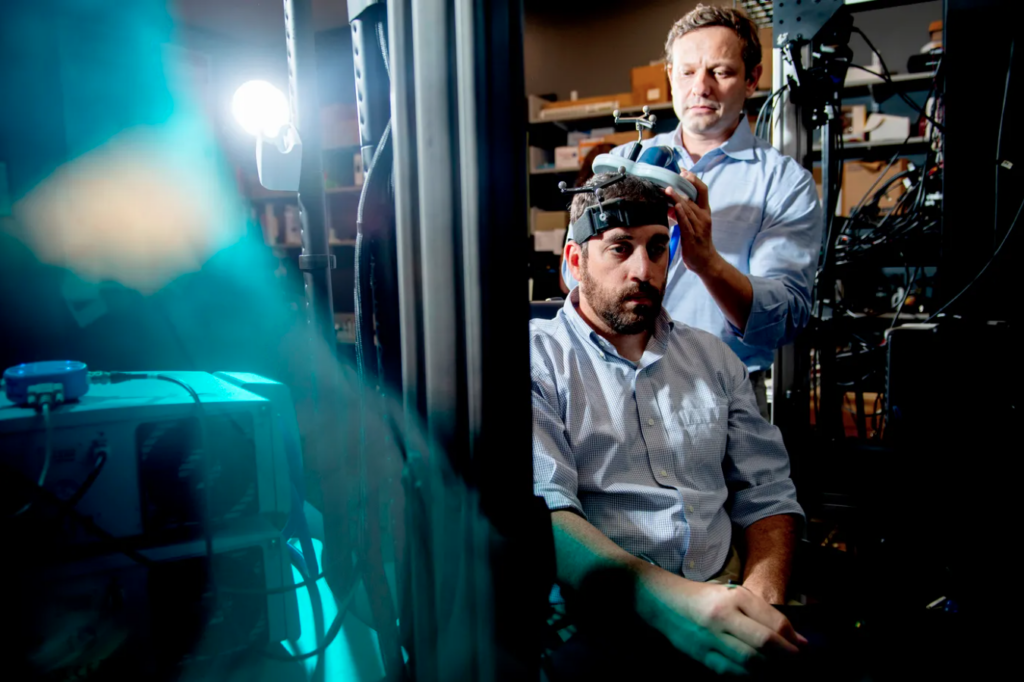Opioid use disorder is a serious public health issue in the United States and
throughout the world. The Centers for Disease Control and Prevention
estimates that the total “economic burden” of opioid misuse in the United States was $1.02 trillion in 2017. Through this grant, NIDA is providing funding to address this serious public health issue with a novel non-viral gene therapy approach. DNA nanoparticles developed and produced by Copernicus will be administered intranasally. They have been shown to cross the blood-brain barrier after intranasal administration and are thus able to deliver their patented therapeutic gene therapy for disorders of the brain, such as opioid use disorder.
The work will be directed by Dr. Waszczak in association with the academic expertise and laboratories of co-Principal Investigators from Tufts University, Drs. Elizabeth Byrnes, Professor of Comparative Pathobiology at Cummings School of Veterinary Medicine, and Emmanuel Pothos, Associate Professor of Immunology at Tufts University School of Medicine.
We are pleased to continue to work with these talented academic scientists in utilizing the DNA nanoparticles developed by Copernicus to treat serious brain disorders, such as opioid use disorder.



The Phase 1 segment of the awarded grant for $6.7 million covers the first two years of work. Upon successful completion of Phase 1 (projected for year-end 2023), the investigators may be eligible to receive an additional ~$8 million in funding from NIDA to further advance this therapeutic approach toward human clinical trials.
The intranasal approach does not require a surgical procedure because the DNA nanoparticles can travel directly from the nose into the brain. This novel approach is expected to restore normal functioning of the brain’s reward system, reduce drug craving, and thus enable patients in recovery avoid relapse. An additional benefit is that the therapeutic effect of a single dose is expected to last for many months or even years, thus reducing relapse long term.





